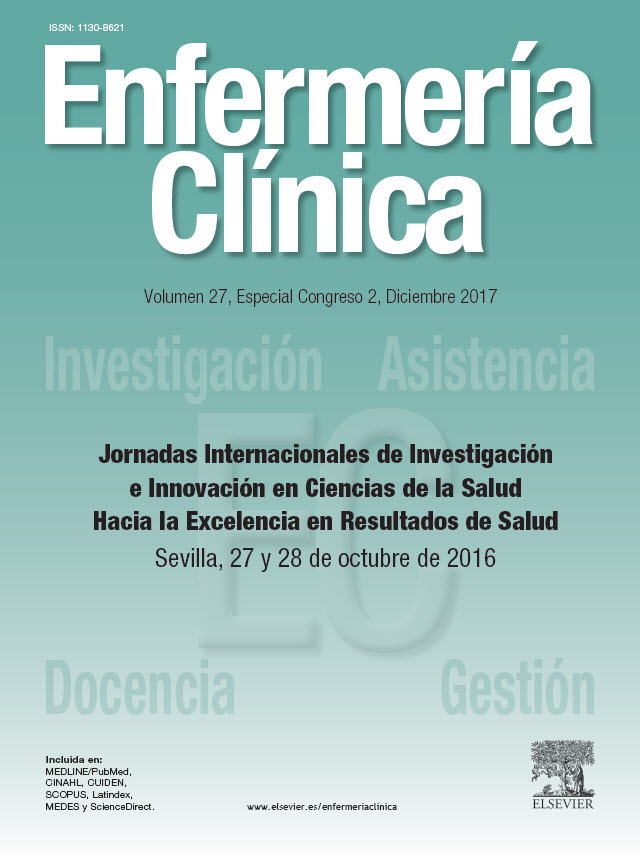0 - PERCEPTIONS OF SWEDISH AND SPANISH MIDWIVES RELATED TO DELIVERY CARE
1Nurse. Master Nuevas Tendencias Asistenciales en Ciencias de la Salud. University of Seville. 2Professor of Nursing. PhD in Nursing. Faculty of Health Sciences. University of Jaen.
Correo electrónico: rafafernancastillo92@gmail.com
Introduction: We start from the assumption that midwives who carry out their nursing care both in Sweden and Spain know and develop in part or in full competencies that have been brought along their entire training process. However, we don’t know if the competences contained in both training programs are adjusted to reality when accompanying women for a moment just as important as the birth of their child. Therefore, it is necessary to know the perceptions of midwives as involved professionals to act accordingly.
Objectives: To determine and compare the perceptions that midwives from Jaén (Spain) and Jönköping (Sweden) have about the procedures that they do related to labor care and in what kind of evidence are these based.
Methods: Research with qualitative and descriptive methodology and phenomenological path, based on individual and depth interviews to three midwives from the Hospital of Jaén and three from Lanssjukhuset Ryhov in Jönköping. Verbatim transcript of the interviews and annotations made by participant observation, content analysis based on pre-established analytical categories.
Results: In the speeches of the participants some differences were identified between the midwives of both groups. On the one hand, Spanish informants claim to like a delivery care attention where communication, continuous monitoring and epidural anesthesia are the priority. However, Swedish midwives give priority to alternative therapies to assist childbirth. Furthermore, all informants coincided in the presence of scientific evidence in each technique, although Spanish midwives gave more weight to experience.
Conclusions: 1) Delivery care is very similar in both groups of midwives, however, it differs with respect to analgesia and pain management, where Jönköping’s informants provide naturism not present in midwives from the other group; lack related to the shortage of materials and training resources. 2) We also find coincidences on the basis of provided care in both countries, highlighting Spanish professionals the importance of experience as primary evidence, unlike the other group of informants, who’d rather base on protocols and scientific papers which are available at the ward.
Key Words: Midwife. Qualitative research. Cross-cultural comparison. Parturition.







